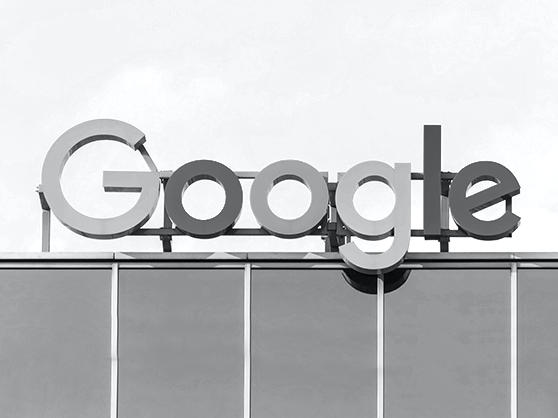As a business owner, you’ve got two precious insights into the minds of consumers: personal business analytics and definitive national trends. Both are absolutely vital for understanding prospective development directions and winning new, happy customers.
While studying personal analytics is the process unique to every business, evaluating nationwide consumer trends provides you with a bird’s eye view of customer expectations. Luckily, accomplishing the latter isn’t just easier – it’s extremely simple thanks to Cox Business and their 2019 Cox Consumer Pulse Survey.
In April 2019, Cox Business researched consumer trends in its annual survey to hear the latest word Americans have to say about their expectations towards small business. Today, when the results are finally in, sharing in the benefits is as simple as thoughtfully applying the findings to your own business model.
Americans are proud of their products
If you’re like most Americans, “Made in the USA” is more than just a label for you. Buying domestically-manufactured merchandise is a source of national pride and a way to show support for businesses that invest in domestic economy.
In 2019, over 70% of consumers surveyed by the Cox Consumer Survey said that they not only prefer Made in the USA products over imported ones but are actually willing to spend more money on American-made goods.
A similar attitude governs the support for local business. And it’s not just about convenience! 53% of respondents said that local businesses provide better customer service than large businesses while 38% and 35% noted loyalty and increased trustworthiness, respectively.
For entrepreneurs, patriotic and local consumer tendencies can be a terrific boost to business identity. If you have a business specializing in domestically or locally grown/produced foods, or creative/ hand-made products, be sure to let consumers know that they have special reason to be proud of buying from you!
Supporting a cause makes a huge difference for local business
Today’s consumers are very socially conscious. They want to not only buy great products but support businesses that leave a deeper trace in the world. In this regard, sustainable businesses and those that support a social or environmental cause are at the forefront of customer satisfaction.
The 2019 Cox Consumer Pulse survey shows that 71% of U.S. consumers wish small businesses to be more active in promoting the causes they support. A similar number of people (72%) said that diverse and inclusive hiring plays a positive role in their interactions with a business.
Modern trends show that businesses should partner up with volunteer/charity organizations that matter to them and that have resonance in their community. When you support a worthy cause, your business manifests itself in whole new ways. As a result, customers gain a new perspective of your work and the people behind it – and want to become a part of it.
Sharing means caring for your customers
Advertising business services often feels like walking the fine line between too little and too much. How do you know whether your customers are getting enough attention or feel like they’re being spammed with frequent shout-outs? And what’s the best channel for marketing?
The 2019 Cox Consumer Pulse survey shows that entrepreneurs should be more afraid of being overly prudish rather than over-advertising. Most consumers admit they’d like to receive more information and product recommendations from their favorite businesses when it’s done in a polite, non-intrusive way.
60% of Cox survey respondents said they’d like to hear more often from local business via email newsletters, while 38% opted for social media outreach. A lot of people also noted that their favorite shops are very active via digital channels such as e-mail (68%) Facebook (66%) Instagram (33%) text messages (31%) and Twitter (20%).
Whichever channel you choose to bring out your business, remember that usefulness to your target audience is key to positive marketing.
Entrepreneurship education is the future of small business
In addition to consumer satisfaction issues, Cox Business included a special question on their agenda, a question that may define the future of small business in the U.S.: when should entrepreneurship education start?
The answer agreed on by over three quarters of the respondents clearly proves the evolving perception of business ownership in the modern world: 78% percent believe that entrepreneurship education should start way before college and enter the K-12 curriculum.
This means that most of today’s consumers actually want their kids to be entrepreneurs, or at least, to gain critical business skills at an early age – and that the future of small business is much closer than we think!

























